The Ocean Panel has commissioned a new Blue Paper on the future of employment in a sustainable ocean economy to inform their activities. As authors of this Blue Paper, they are looking to gather insights and opinions from ocean experts to inform its conclusions. Experts on this topic are invited to participate in the first (and subsequent) of four rounds of electronic surveys.
The surveys follow a Delphi process. This aims to develop reliable expert consensus on a topic. It is characterized by a series of ‘rounds’ where a set of experts provide opinions on a particular issue. The questions for each round are based in part on the findings of the previous one, and participants are able to see the results of previous rounds, allowing them to reposition their opinions accordingly.
This first round consists of questions about what might drive change in the future of ocean economy employment. It is designed to narrow the conversation and ensure that the forecasting includes multiple expert viewpoints.
For the purpose of these questions, the sustainable ocean economy is broadly defined as the subset of the global ocean economy where sustainability principles are applied and promoted. Specifically, the Ocean Panel has described the sustainable ocean economy as a concept that seeks to promote economic growth, social inclusion, and the preservation or improvement of livelihoods and jobs while ensuring the environmental sustainability of the ocean and coastal areas. It emphasizes sustainably managing human activities to ensure the ocean's resources are used wisely and equitably, and applies to all sectors active in the global ocean economy (e.g., industry, business, governmental and non-governmental organizations, scientific research, and others).
In the second round, all responses provided in round one will be anonymized, and a summary of experts' forecasts on the drivers of change will be reshared to encourage further observation in light of all expert participants’ replies.
The most common responses will then be used to conduct a third round of the process. This will ask experts how the drivers will mechanically drive change.
In the fourth and final round of the process, all responses provided in round three will be anonymized as a summary of experts' forecasts and reshared to encourage further observation in light of all expert participants’ replies. This round is expected to include a request to put a percentage on the likelihood of each change occurring by 2030 (short-term transitions) and 2050 (longer-term transitions). This will be used to draft consensus scenarios based on input from experts. Opinions on what policy interventions could best achieve the most positive impacts on employment in a sustainable ocean economy will also be sought.
Please note, expert participants in this study will remain anonymous during the process, and will have the option of anonymity or being named after the Blue Paper is completed. This approach frees participants from personal biases, minimizes the "bandwagon effect" or "halo effect," allows for free expression of opinions, encourages open critique, and facilitates admitting errors when revising earlier judgments. It also dilutes the opinions of dominant personalities that may not represent the group as a whole.
For further information on Delphi studies, the following resources may be helpful:
- General overview and BMJ article
- Specific description with steps and ScienceDirect article
- Videos: Video 1 and Video 2


